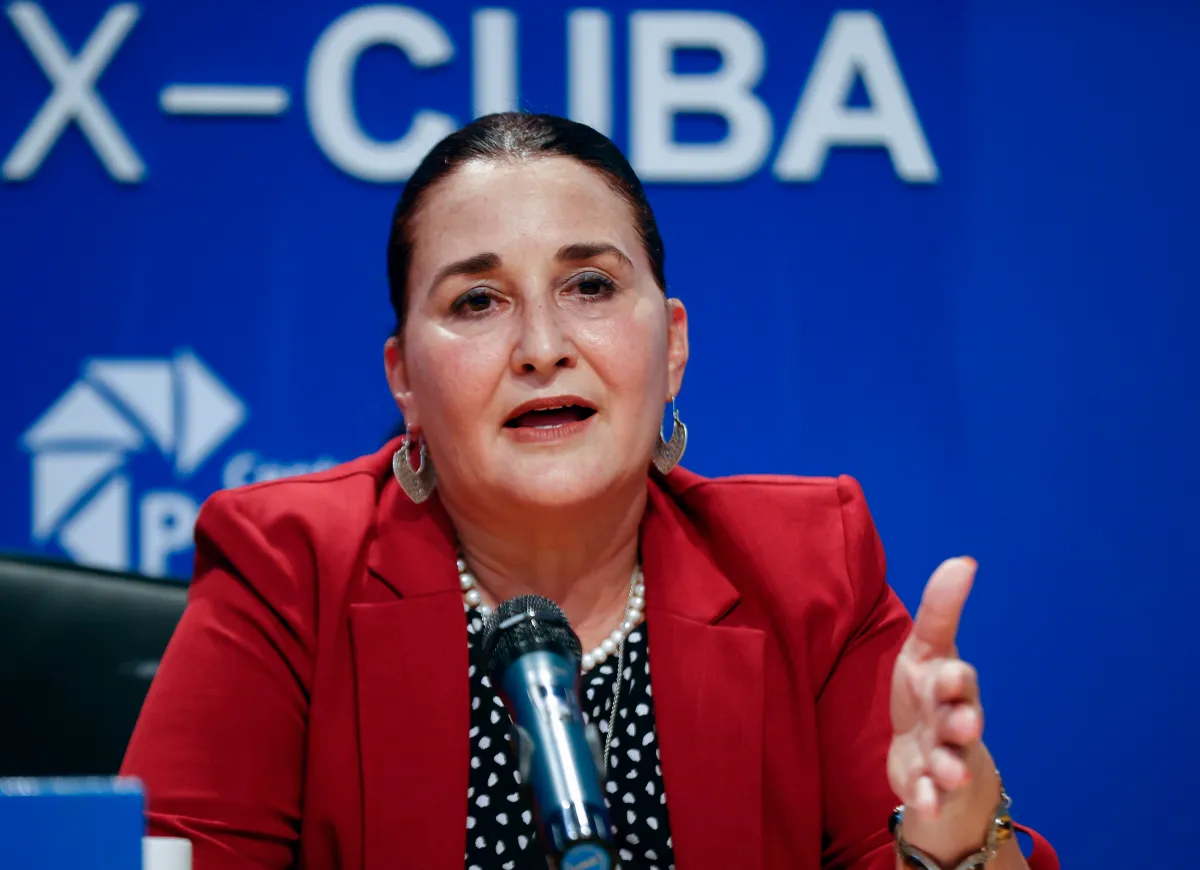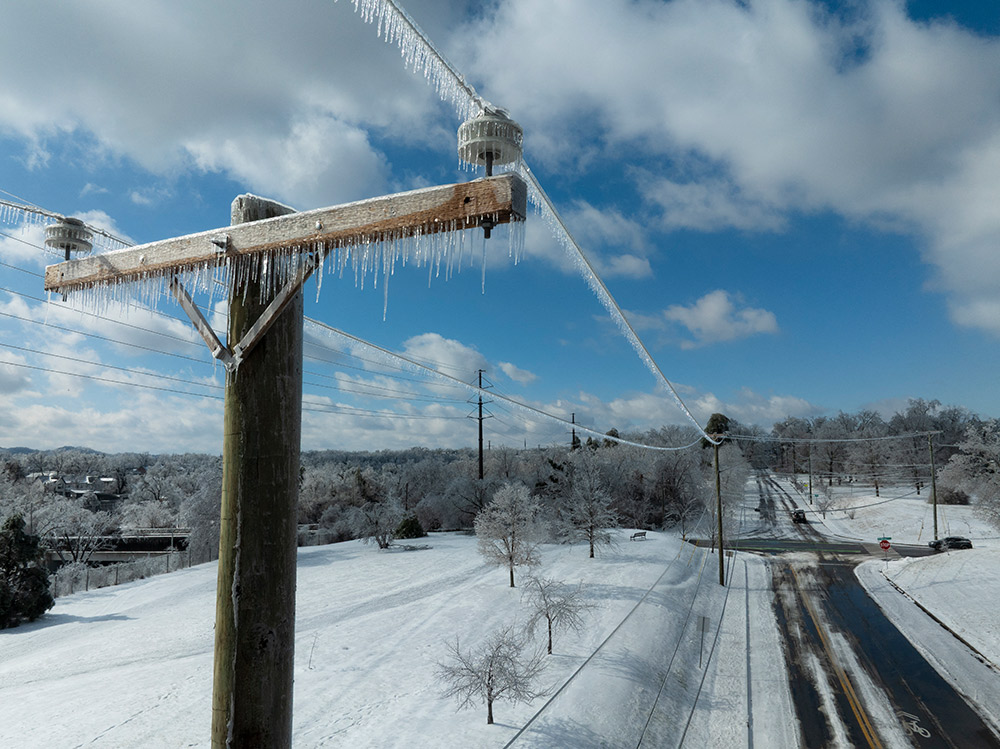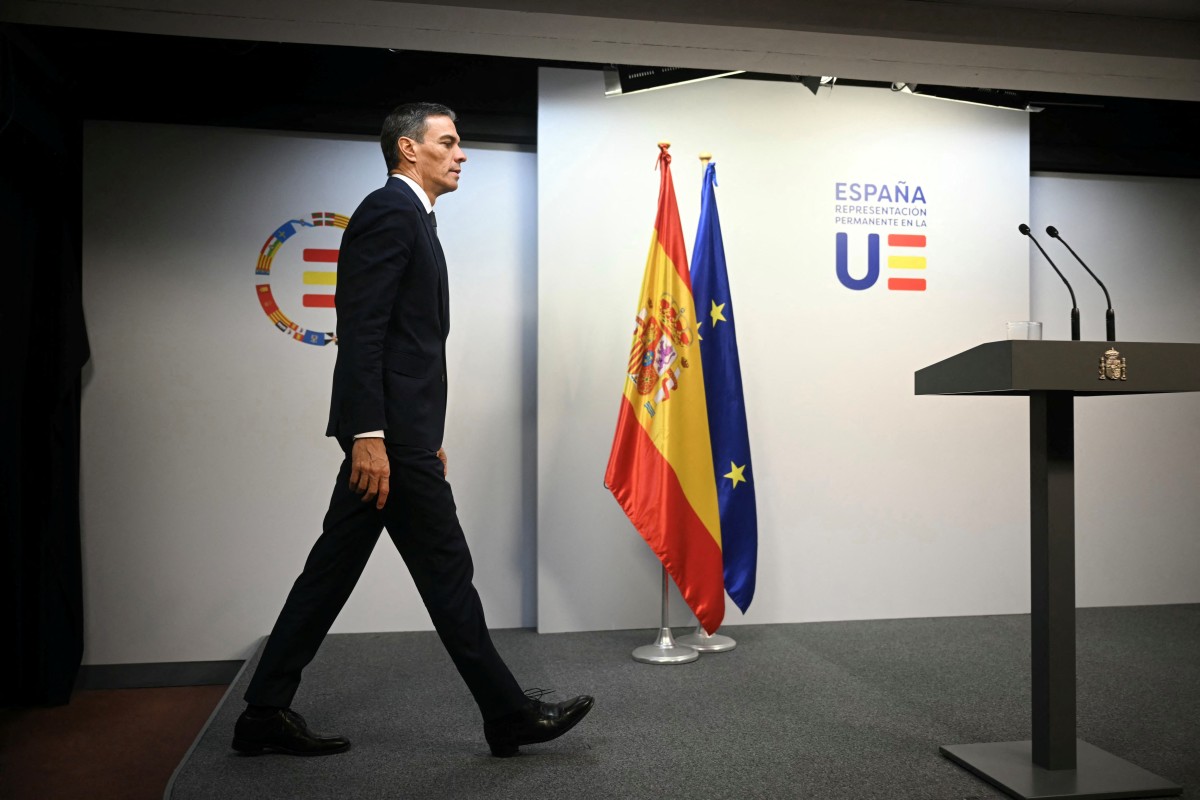International
Cuba describes the new US measures for entrepreneurs on the island as “limited”

Cuba described as a “limited measure” the permission granted by Washington for island entrepreneurs to open American bank accounts through the internet to carry out financial transactions from the island.
For the Cuban Government, the new provisions of President Joe Biden’s Administration “exclude most of the population,” in addition to “do not touch the body of the blockade (U.S. economic embargo on the island) nor modify the extreme measures.” All of these implemented during the presidency of Donald Trump (2017-2021).
“In case it means a real opening and not an electoral announcement, the Government of Cuba is determined not to hinder its implementation,” Johana Tablada, deputy director general of the United States of the Ministry of Foreign Affairs (Minrex) of Cuba, said at a press conference.
The U.S. Treasury Department explained in a statement that it authorizes Cuban businessmen to “remotely open, maintain and use U.S. bank accounts through an online payment platform to make authorized transactions” either from the United States, Cuba or any other country in the world.
Until now, islanders who visited the United States could open bank accounts in the North American country but they could not use them once they returned to Cuba.
According to American sources, those companies with links to Cuban government officials and members of the Communist Party of Cuba (PCC, the only legal one) sanctioned by the United States will not benefit from this measure.
American sources explained to the press that the rest of the sanctions on the island are still in force, such as the presence of Cuba on the list of states that promote terrorism.
In that sense, Tablada stressed that “it will be very difficult” to apply the measures for the permanence of Havana on the list.
“It’s going to be very difficult for a Cuban to find a bank (…) that wants to open an account,” he stressed.
In addition to facilitating access to the US banking system, Joe Biden’s Administration updated the internet services it allows in Cuba. These include social media platforms, videoconferences, games and maps.
He also authorized the export of Cuban-born software from the United States to other countries.
It also lifted the blockade on transfers of funds that originate and end outside the United States. This is in order to facilitate the sending of remittances to Cuba.
International
Winter Storm Fern Leaves 30 Dead and Over One Million Without Power Across the U.S.

The massive winter storm Fern, bringing polar temperatures, battered large portions of the United States for a third consecutive day on Monday, leaving at least 30 people dead, more than one million households without electricity, and thousands of flights grounded.
In the Great Lakes region, residents awoke to extreme cold, with temperatures dropping below -20°C. Forecasts indicate that conditions are expected to worsen in the coming days as an Arctic air mass moves south, particularly across the northern Great Plains and other central regions, where wind chills could plunge to -45°C, temperatures capable of causing frostbite within minutes.
Across the country, heavy snowfall exceeding 30 centimeters in roughly 20 states triggered widespread power outages. According to PowerOutage.com, nearly 800,000 customers remained without electricity on Monday morning, most of them in the southern United States.
In Tennessee, where ice brought down power lines, approximately 250,000 customers were still without power. Outages also affected more than 150,000 customers in Mississippi and over 100,000 in Louisiana, as utility crews struggled to restore service amid dangerous conditions.
International
Spain approves plan to regularize up to 500,000 migrants in Historic Shift

In November 2024, Spanish Prime Minister Pedro Sánchez announced a reform of the country’s immigration regulations aimed at regularizing 300,000 migrants per year over a three-year period, in an effort to counter population aging in a country where births have fallen by 25.6% since 2014, according to official data.
Going against the trend in much of Europe, Spain’s left-wing government has now approved an exceptional migrant regularization plan that could benefit up to 500,000 people, most of them from Latin America.
The measure will allow the regularization of around “half a million people” who have been living in Spain for at least five months, arrived before December 31, 2025, and have no criminal record, Migration Minister Elma Saiz explained on public television.
The plan, approved on Tuesday by the Council of Ministers, establishes that applications will be processed between April and June 30, enabling beneficiaries to work in any sector and anywhere in the country, Saiz said.
“Today is a historic day for our country. We are strengthening a migration model based on human rights, integration, and one that is compatible with economic growth and social cohesion,” the minister later stated at a press conference.
The socialist government of Pedro Sánchez stands out within the European Union for its migration policy, contrasting with the tightening of immigration measures across much of the bloc amid pressure from far-right movements.
Central America
Honduras swears in conservative president Asfura after disputed election

Conservative politician Nasry Asfura assumed the presidency of Honduras on Tuesday with an agenda closely aligned with the United States, a shift that could strain the country’s relationship with China as he seeks to confront the economic and security challenges facing the poorest and most violent nation in Central America.
Asfura’s rise to power, backed by U.S. President Donald Trump, marks the end of four years of left-wing rule and secures Trump another regional ally amid the advance of conservative governments in Chile, Bolivia, Peru, and Argentina.
The 67-year-old former mayor and construction businessman was sworn in during an austere ceremony at the National Congress, following a tightly contested election marred by opposition allegations of fraud and Trump’s threat to cut U.S. aid if his preferred candidate did not prevail.
Grateful for Washington’s support, Asfura—who is of Palestinian descent—traveled to the United States to meet with Secretary of State Marco Rubio, before visiting Israeli Prime Minister Benjamin Netanyahu.
“We need to strengthen relations with our most important trading partner,” Asfura said after being declared the winner of the November 30 election by a narrow margin, following a tense vote count that lasted just over three weeks.
-

 Central America2 days ago
Central America2 days agoGuatemala seizes over a ton of cocaine hidden in flour at Pacific port
-

 Central America5 days ago
Central America5 days agoGuatemala’s president rules out negotiations with inmates after prison riots
-

 International4 days ago
International4 days agoTrump-Era Defense Plan Prioritizes Border Security and Scales Back Global Commitments
-

 Internacionales5 days ago
Internacionales5 days agoMajor winter storm threatens “catastrophic” ice and snow across much of the U.S.
-

 International4 days ago
International4 days agoBogotá and Quito Seek Dialogue After Tariffs and Power Cut Escalate Tensions
-

 International3 days ago
International3 days agoDelcy Rodríguez seeks political agreements after Maduro’s ouster
-

 International5 days ago
International5 days agoGuatemala considers sending high-risk gang members to military prisons
-

 International2 days ago
International2 days agoHistoric snowstorm paralyzes Toronto after 60 centimeters of snow
-

 International2 days ago
International2 days agoSpain’s irregular migrant population rises to 840,000, study finds
-

 International3 days ago
International3 days agoFederal immigration agents kill man in Minneapolis, sparking protests and outrage
-

 Central America16 hours ago
Central America16 hours agoGuatemala Police Arrest Prison Guard Caught in the Act of Extortion
-

 International5 days ago
International5 days agoRights group says over 5,000 killed in Iran protests, mostly civilians
-

 International16 hours ago
International16 hours agoWinter Storm Fern Leaves 30 Dead and Over One Million Without Power Across the U.S.
-

 Central America16 hours ago
Central America16 hours agoHonduras swears in conservative president Asfura after disputed election
-

 International16 hours ago
International16 hours agoDoomsday clock moves to 85 seconds before midnight amid rising global risks
-

 Sin categoría16 hours ago
Sin categoría16 hours agoEight Killed in Series of Armed Attacks in Ecuador’s Manabí Province
-

 International2 days ago
International2 days agoRights group says nearly 6,000 killed in Iran protest crackdown
-

 Central America16 hours ago
Central America16 hours agoBukele leads public trust rankings as UCA survey highlights gains in security
-

 International16 hours ago
International16 hours agoSpain approves plan to regularize up to 500,000 migrants in Historic Shift
-

 International2 days ago
International2 days agoVenezuela frees at least 80 political prisoners, NGO says
-

 Sin categoría16 hours ago
Sin categoría16 hours agoEl Salvador Launches Fourth Year of Ocean Mission to Protect Marine Ecosystems
-

 International2 days ago
International2 days agoEU launches new probe into X over AI-generated fake nude images
-

 International2 days ago
International2 days agoSevere winter storm grips U.S., leaves multiple dead as extreme cold persists
-

 International2 days ago
International2 days agoFrance debates ban on social media for children under 15


























